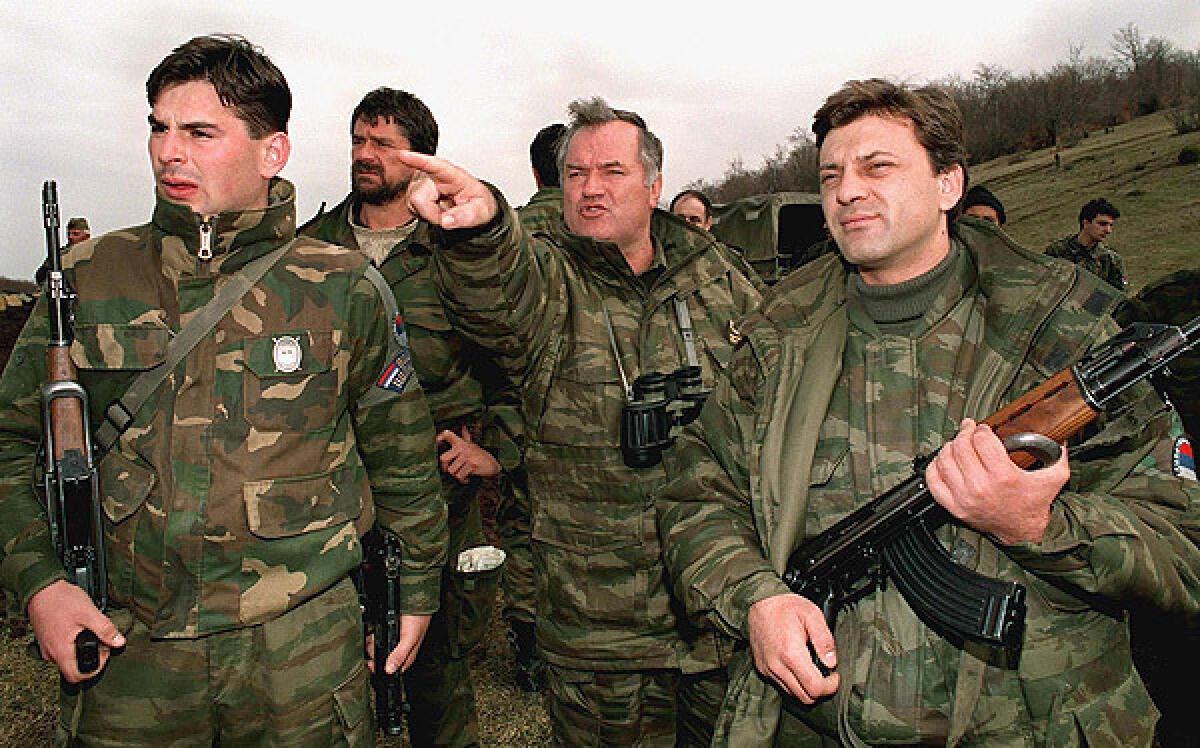Commentary: The renewed rewards of reading a favorite book a second time

- Share via
Very rarely do I ever read a book a second time.
A vast array of published materials can be found in today’s marketplace, but there’s precious little time to read even a small fraction of them. One must choose wisely. And so, today’s society is heavily populated with nonreaders.
People who in the past would have been avid readers are today addicted to wireless telephones and social media gadgets. Unsurprisingly, they resist the printed page, and our culture is much the worse for it.
Newspapers — and, how I do love them! — have been turned into 21st-century dinosaurs. The reading habits of average Americans have changed drastically in recent decades. But, I still prefer reading my news on newsprint at the kitchen table with my morning cup of java.
Now, as for double reads: I have a limited number of sunrises left in my quiver, so I must make effective use of my time. Two readings of the same book is a luxury.
Did I actually read the book? Sixty years is a long time to cling to a stonewashed memory.
I read a novel in the fifth grade — first published in 1899 — about a California Indian boy whose family left a coastal village to settle at a mission near San Francisco. There he was raised and attended school.
The boy assumed a leadership role in his Native American culture. I prepared a book report based on my reading. It was well-received by my fifth-grade teacher at Costa Mesa’s Lindbergh School.
I’ve never forgotten the book, though I never truly remembered it, either. More than 60 years have passed, and I recently had an eye-popping revelation about its dated prose. I managed to sleuth me a copy.
Once into the book, I naively assumed I’d recall verbatim the story line, plus extended sections of its narrative. I didn’t. Perhaps a few distilled memories would resurface in my id? They didn’t.
Did I actually read the book? Sixty years is a long time to cling to a stonewashed memory.
I … think … I … read … it.
Oh, there actually was one passage that I retained from my first read. It was a storm on Monterey Bay. Boats were wrecked in the high surf and cargoes lost. Little did I realize at that reading that a decade later I’d be stationed with the U.S. Army on Monterey’s swelling heights.
In the 1970s, I read Herman Wouk’s two-volume set on World War II: “The Winds of War” and “War and Remembrance.” I reread them 40 years later and discovered that I’d retained a wealth of information from the first readings. To be honest, my knowledge of World War II history had advanced markedly over the years.
An espionage thriller that I relished at first blush in 1994 turned out to be a disappointment when I reread it 20 years later. I wondered aloud to my wife, Hedy, “What was I thinking — or not thinking — when I first read this guy?”
Whatever it did for me then, it failed to do a second go-round. The book was as flat as warm ginger ale.
I’m having the opposite reaction as I now reread Michael O’Brien’s magnum opus, “Island of the World.” The book focuses upon the Bosnian War of 1992-95. I first read it a decade ago and was deeply moved.
I’m now almost finished with the second reading and am even more impressed. The book addresses life’s significant moments and issues.
I was a skeptic decades ago but am realizing with this reading that I’ve shed some ego-related tendencies. Tears well up more easily today as I read O’Brien’s work than fell 10 years ago. I’m learning that it’s possible to grow even beyond your 75th birthday.
I appreciate O’Brien’s musings over his protagonist, Josip, a devout Christian who discovers that there are costs associated with being a Christ follower. Josip worries about his integrity and expectations.
“How much time does he have left?” O’Brien wonders “… And if the days remaining to him be many or few, does he really need to know? … You discover that you never really knew what you thought you knew. You cease running away from what is behind, and race toward (something) coming.”
Racing toward the coming is infinitely more satisfying.
O’Brien’s book warrants a second read.
The writer is former columnist for the Daily Pilot.
All the latest on Orange County from Orange County.
Get our free TimesOC newsletter.
You may occasionally receive promotional content from the Daily Pilot.



